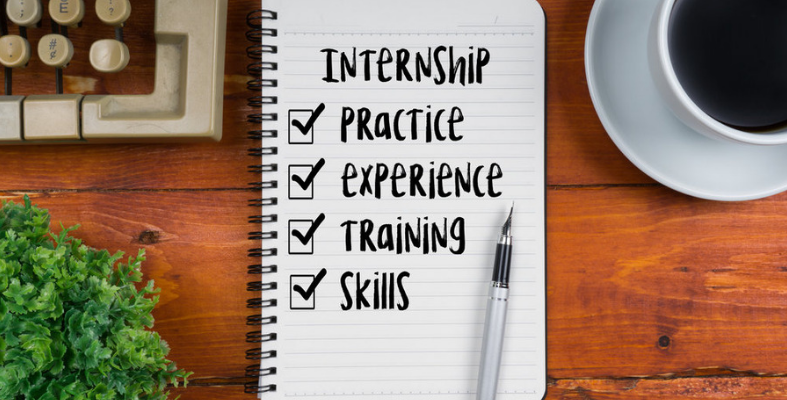
The Guide to Create a Great Internship Program
Are You Hiring?
Find candidates in 72 Hours with 5+ million talents in Maukerja Malaysia & Ricebowl using Instant Job Ads.
HIRE NOW
For fresh graduates who need experience, the importance of an internship is clear: they shift from theoretical knowledge to a real work situation. But businesses also benefit from good internship programs, so long as they’re structured to train junior employees.
Employing interns includes planning for them. Understand what your interns need to do, plan their onboarding and assign them particular projects. Most importantly, lead them through their internship application process and work experience.
To build an internship program that works, consider the following do’s and don’ts:
1. Do not offer unpaid internships
Unpaid internships send the message to current employees, potential candidates and your customers that your jobs are less meaningful than others and should not be rewarded.
2. Do offer a five to six-month internship
Seasonal internships are helpful for special projects, but consider an intern’s onboarding period, as well. Like all employees, interns need some time and training to adapt to their new workplace. You may only scratch the surface of your intern’s potential with a two-month program.
3. Do not speed up the recruitment process
Interns should follow a hiring process comparable to the rest of your employees, despite their lack of experience. Pick the most qualified interns: those with interests and knowledge related to the positions you’re hiring for. Tests, tasks and structured interviews will help you appraise entry-level candidates’ skills and training requirements.
4. Do ensure that your interns fit in with your company culture
Invite interns to participate in company meetings and events, your interns will better learn about how your organisation works. This is very helpful if you choose to offer them a job after their internship. The more comfortable interns are with your company culture, the more they will be able to contribute to strengthening your business.

5. Do not expect interns to know everything
Classroom learning is normally conceptual but great internships help students to apply their academic concepts to real work situations. Daily, routine work tasks (e.g. how to use business tools) may not come naturally to someone with no work experience. Spend some time to guide interns by providing resources and training.
6. Do plan a special project
Before you offer someone an internship, think about its desired outcomes and compile a list of tasks you want to assign the intern. Identify the needs your interns will fill and design a step-by-step approach to help them reach their goals. Assign an employee who will mentor and coach interns along the way.
7. Do not demand too much or too little
Maintain a balanced workload for your interns. If you assign them too many duties, they are likely to get stressed and make mistakes. If they have nothing to do, their internship is a waste for them and doesn't benefit your organisation.
8. Do assess your internship program
Great internships are like great academic courses. Interns and employers should learn from the process. Question interns what new knowledge they gained, how they co-operated with their team and what they think of your workplace. Ask for feedback from your employees on how to improve the organisation's internship program.
To get the most out of your internship programs, make sure your workplace make training and development a priority. Development goes both ways; so don't forget to regularly review and upgrade your programs to ensure they’re well-designed and useful for everyone involved.
Interested in hiring interns? Our recruitment experts are at your service, just register at AJobThing.com to schedule your free consultation.
Related articles
Youths are to be Blamed for Unemployment, Say Employers
How to Hire the Perfect Intern





